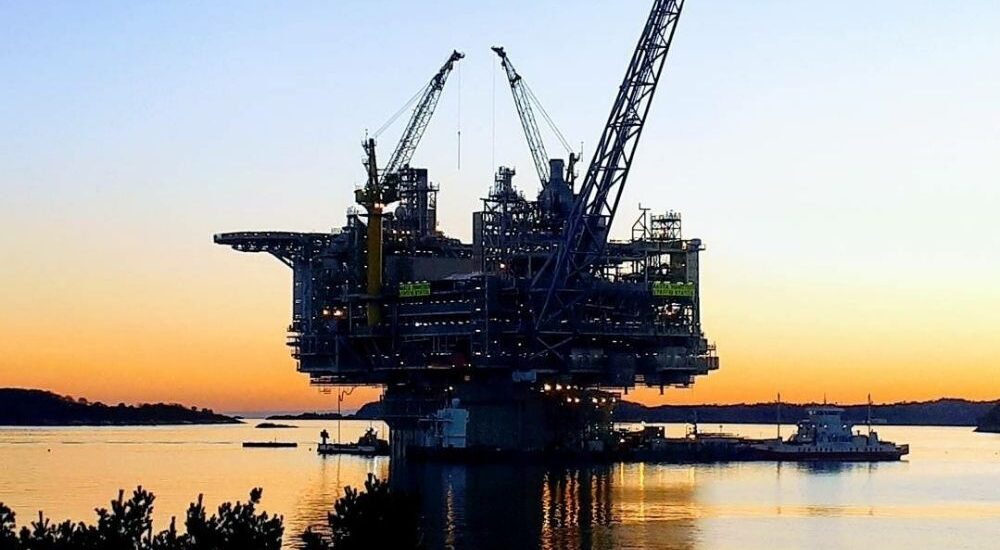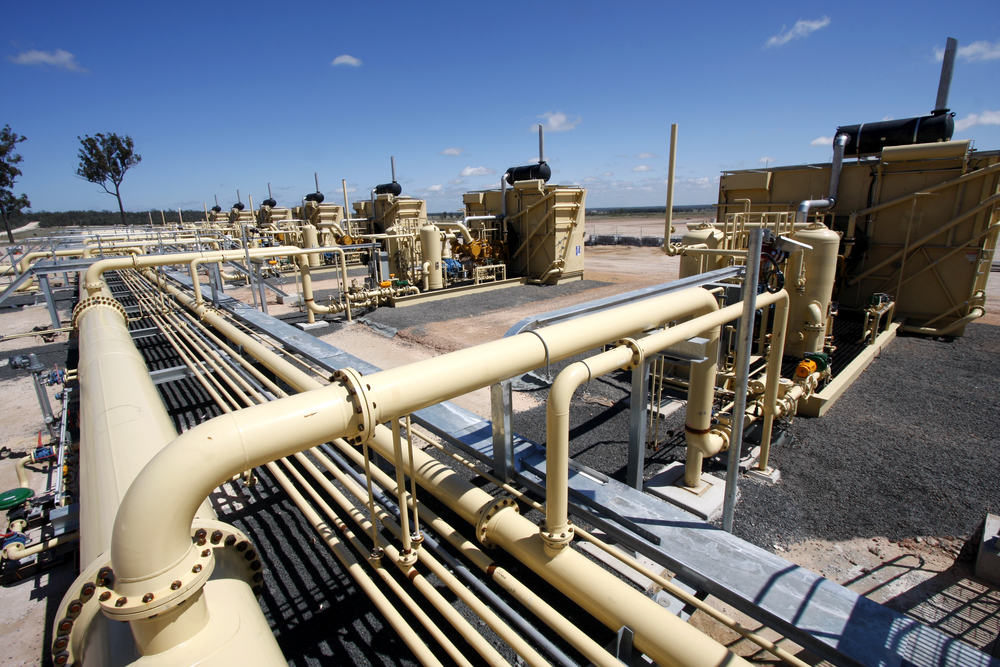Norway’s Equinor submits $374 million to develop North Sea gas discovery
- September 18, 2023
- Posted by: Quatro Strategies
- Categories: Europe, Oil & Gas

Equinor has submitted a plan for the development of its Eirin gas discovery in the North Sea to Norway’s oil and energy ministry, amounting to 4 billion Norwegian crowns ($374 million). The Eirin discovery is estimated to hold approximately 27.6 million barrels of oil equivalent and will be developed through a subsea installation linked to Equinor’s Gina Krog platform.
Norway’s Minister of Petroleum and Energy, Terje Aasland, highlighted the significance of phasing in the Eirin project, emphasizing its role in extending the life of existing infrastructure and supplying more gas to Europe. This development marks the first offshore field plan submitted to Norwegian authorities this year, following a surge of new projects in the previous year.
The field is slated to commence production in 2025. Gas from the Eirin field will be exported in conjunction with gas from the Gina Krog field via the Sleipner A platform. This development will also prolong Gina Krog’s productive life from 2029 to 2036, providing critical support to the Sleipner area, according to Camilla Salthe, Equinor’s senior vice president for field life extension.
Extending the operations of the Gina Krog platform opens up the possibility for Equinor and its partners to tie back additional smaller discoveries in the region. Equinor holds a 78.2% stake and operates the field, while Kuwait Foreign Petroleum Exploration Company (Kufpec) possesses a 21.8% stake. Notably, Kuwait’s overseas oil and gas division initiated a sale process for its Norwegian assets earlier in the year, as reported by Reuters in May.
Interested in learning more?
Sign up for Top Insights Today

Top Insights Today delivers the latest insights straight to your inbox.
You will get daily industry insights on
Oil & Gas, Rare Earths & Commodities, Mining & Metals, EVs & Battery Technology, ESG & Renewable Energy, AI & Semiconductors, Aerospace & Defense, Sanctions & Regulation, Business & Politics.



